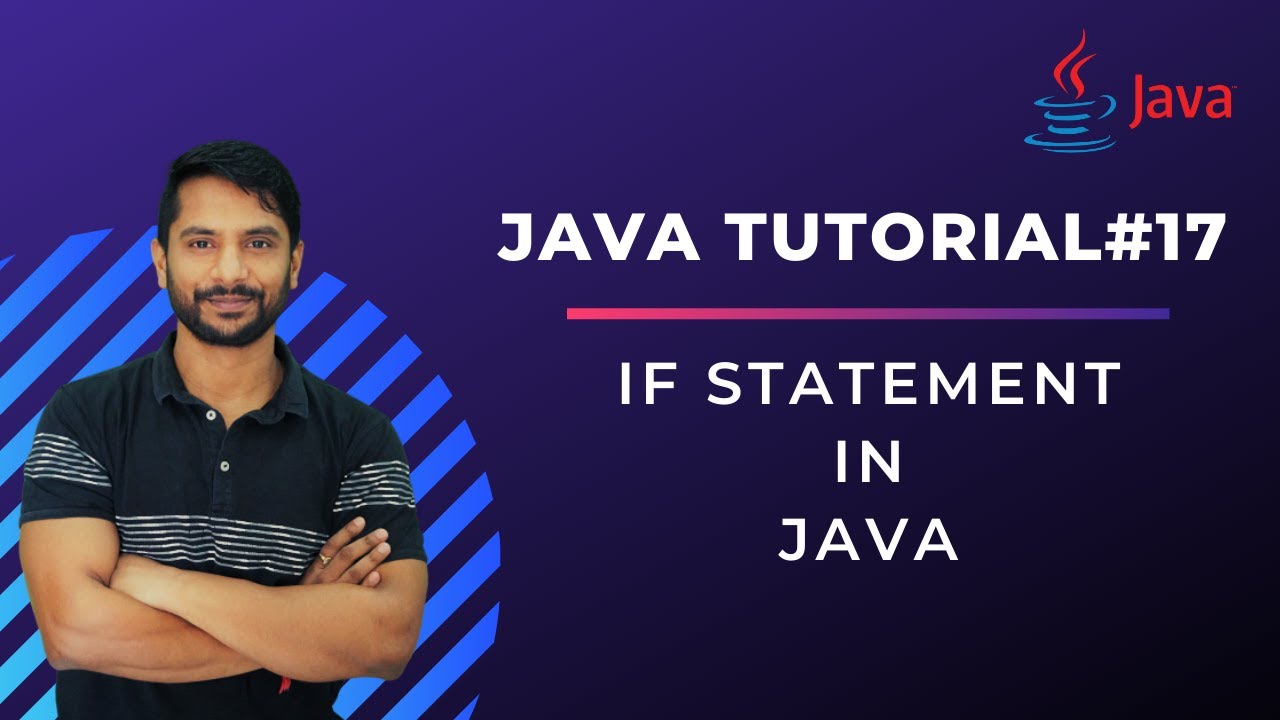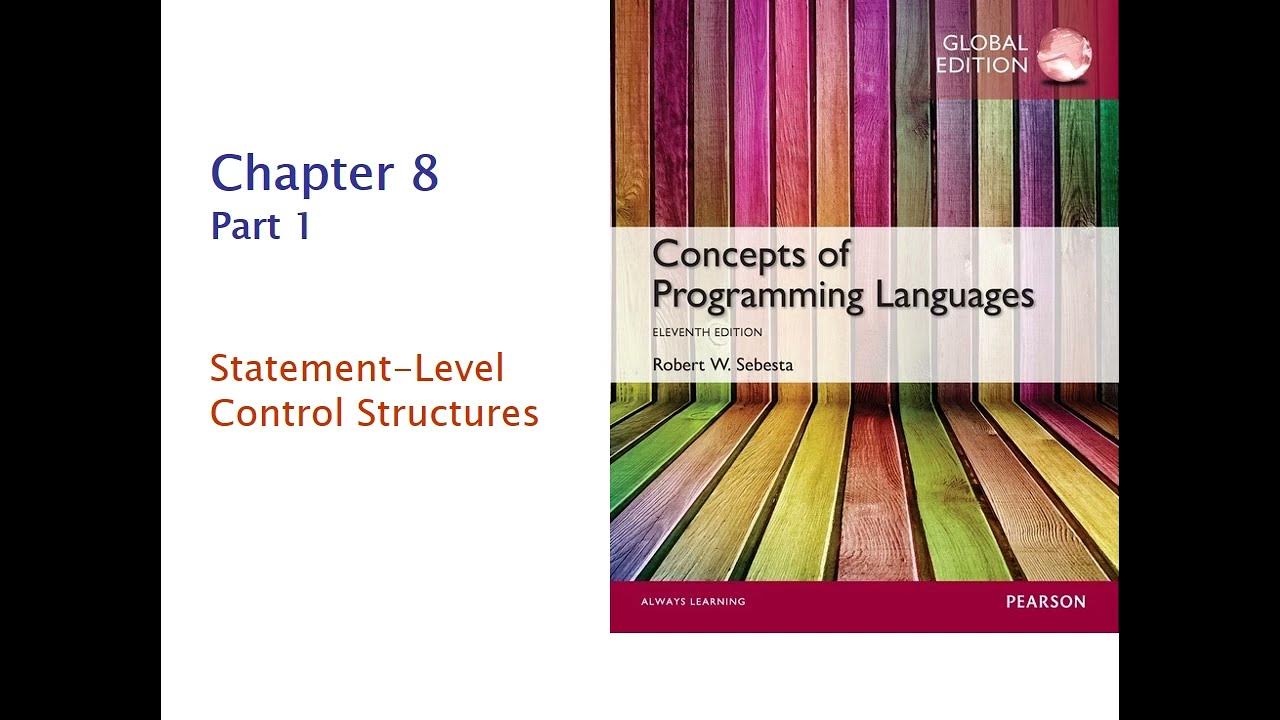JAVA TECHNICAL QUESTION & ANSWERS FOR INTERVIEW PART - II
Summary
TLDRThis video discusses Java interview questions focusing on operators and control statements. It covers various types of operators, including arithmetic, relational, assignment, logical, and bitwise operators. The video also explains Java's control statements like if-else, switch, and nested if conditions. Looping mechanisms such as for, while, do-while, and for-each loops are described in detail, along with jump statements like break and continue. Overall, the video provides a thorough explanation of fundamental Java concepts essential for technical interviews.
Takeaways
- 🧮 Java arithmetic operators include addition, subtraction, multiplication, division, and modulo (which returns the remainder).
- 🤝 Java relational operators: less than, greater than, equal to, not equal to, less than or equal to, and greater than or equal to.
- 📝 Java assignment operators: simple assignment (=), addition assignment (+=), subtraction assignment (-=), multiplication assignment (*=), division assignment (/=), and modulo assignment (%=).
- 🔗 Java logical operators: logical AND (&&), logical OR (||), and logical NOT (!).
- 💡 Java bitwise operators: AND (&), OR (|), XOR (^), NOT (~), left shift (<<), and right shift (>>).
- ❓ Other Java operators: ternary operator (?:), increment (++), and decrement (--).
- 🔄 Java control statements include conditional statements like if, else-if, else, and switch statements.
- ♻️ Java looping statements: for loop, while loop, do-while loop, and for-each loop.
- 🚦 Java jump statements: break (used to exit loops or switch cases) and continue (used to skip the current iteration of a loop).
- 🛑 The switch statement allows multiple conditions to be checked, and if none match, the default case executes.
Q & A
What are the arithmetic operators in Java?
-The arithmetic operators in Java include addition (+), subtraction (-), multiplication (*), division (/), and modulus (%). The modulus operator returns the remainder of a division operation.
What are the relational operators in Java and how are they denoted?
-Relational operators in Java are used to compare two values. They include less than (<), greater than (>), less than or equal to (<=), greater than or equal to (>=), and not equal to (!=).
Can you explain the assignment operators in Java?
-Assignment operators in Java are used to assign values to variables. They include the simple assignment (=), addition assignment (+=), subtraction assignment (-=), multiplication assignment (*=), and division assignment (/=).
What are the logical operators available in Java?
-Logical operators in Java are used for conditional testing. They include logical AND (&&), logical OR (||), and logical NOT (!).
List the bitwise operators in Java.
-Bitwise operators in Java are used for bitwise manipulation. They include bitwise AND (&), bitwise OR (|), bitwise XOR (^), bitwise NOT (~), bitwise left shift (<<), and bitwise right shift (>> or >>>).
What is a conditional operator in Java, and how is it written?
-A conditional operator, also known as a ternary operator, is written as a question mark (?) followed by a colon (:). It is used for conditional assignment and has the syntax: `condition ? value_if_true : value_if_false`.
Describe the role of the increment and decrement operators in Java.
-Increment (++) and decrement (--) operators are used to increase or decrease the value of a variable by one, respectively. They can be used as prefix or postfix operators.
What is the purpose of if statements in Java control statements?
-If statements in Java are used for conditional execution. They check a condition and execute a block of code if the condition is true.
How does an if-else statement differ from a simple if statement in Java?
-An if-else statement allows for an alternative block of code to be executed if the condition in the if statement is false, whereas a simple if statement does not have an alternative.
What is the significance of an if-else if statement in Java?
-An if-else if statement allows for multiple conditions to be checked sequentially. If the first condition is false, subsequent else if conditions can be checked until a true condition is found or the else block is reached.
How does a switch statement in Java function as an alternative to if-else statements?
-A switch statement in Java is used when multiple conditions are based on the same variable or expression. It allows for a cleaner and more efficient way to handle multiple conditions compared to nested if-else statements.
What is the difference between a for loop and a while loop in Java?
-A for loop in Java is an entry-controlled loop that checks the condition before entering the loop, while a while loop is an entry-controlled loop that checks the condition before each iteration.
Why is a do-while loop considered an exit-controlled loop?
-A do-while loop is considered an exit-controlled loop because it checks the condition at the end of the loop, ensuring that the loop body executes at least once.
What is the primary use of a for-each loop in Java?
-A for-each loop in Java is used exclusively to iterate through elements in an array or an Iterable collection, simplifying the process of accessing each element.
How does the break statement function within loops and switch statements in Java?
-The break statement in Java is used to terminate the loop or switch case in which it is encountered, immediately transferring control to the first statement after the loop or switch block.
What is the purpose of the continue statement in Java loops?
-The continue statement in Java is used to skip the current iteration of a loop and proceed to the next iteration based on a specified condition.
Outlines

Dieser Bereich ist nur für Premium-Benutzer verfügbar. Bitte führen Sie ein Upgrade durch, um auf diesen Abschnitt zuzugreifen.
Upgrade durchführenMindmap

Dieser Bereich ist nur für Premium-Benutzer verfügbar. Bitte führen Sie ein Upgrade durch, um auf diesen Abschnitt zuzugreifen.
Upgrade durchführenKeywords

Dieser Bereich ist nur für Premium-Benutzer verfügbar. Bitte führen Sie ein Upgrade durch, um auf diesen Abschnitt zuzugreifen.
Upgrade durchführenHighlights

Dieser Bereich ist nur für Premium-Benutzer verfügbar. Bitte führen Sie ein Upgrade durch, um auf diesen Abschnitt zuzugreifen.
Upgrade durchführenTranscripts

Dieser Bereich ist nur für Premium-Benutzer verfügbar. Bitte führen Sie ein Upgrade durch, um auf diesen Abschnitt zuzugreifen.
Upgrade durchführen5.0 / 5 (0 votes)






